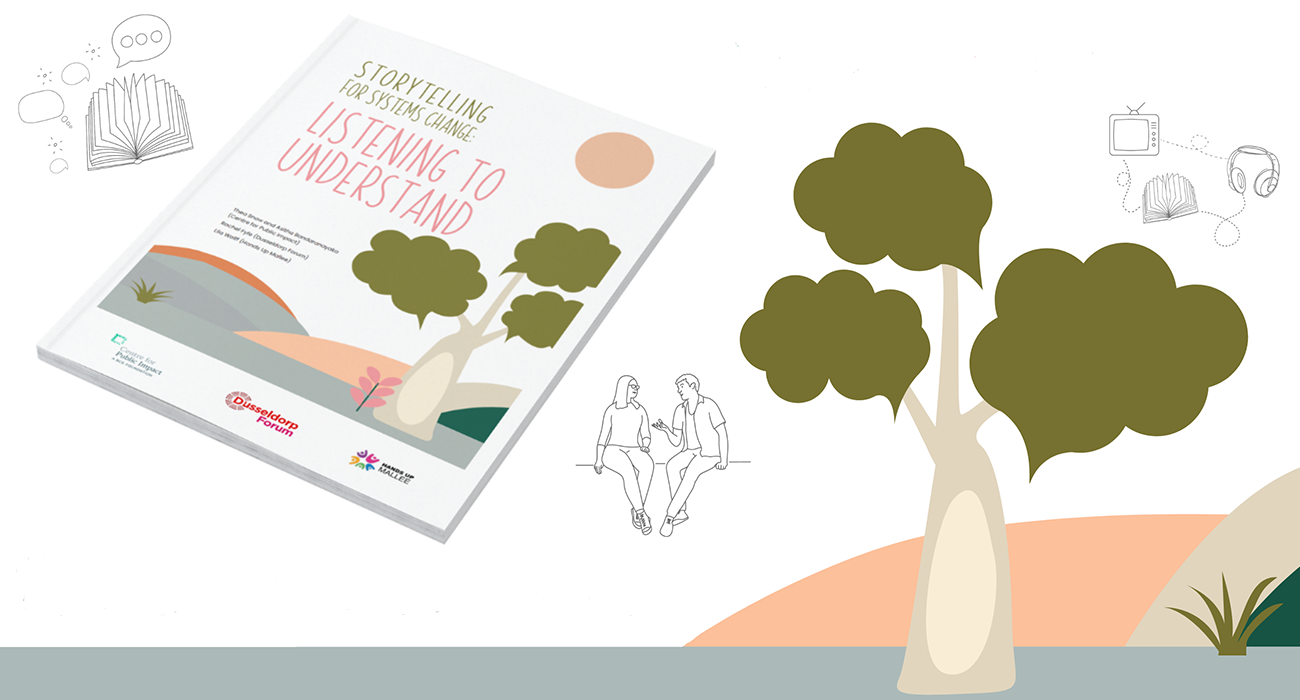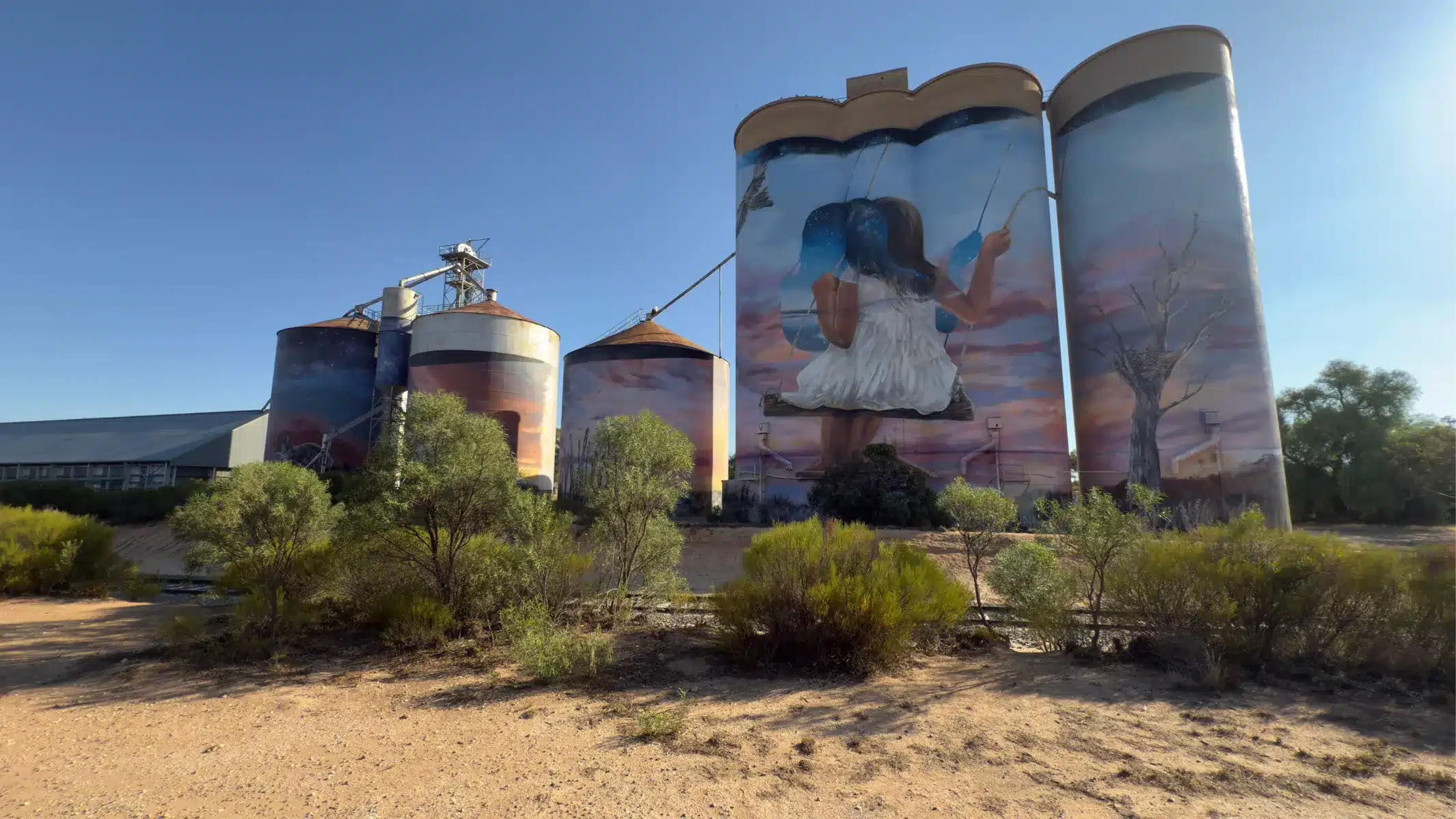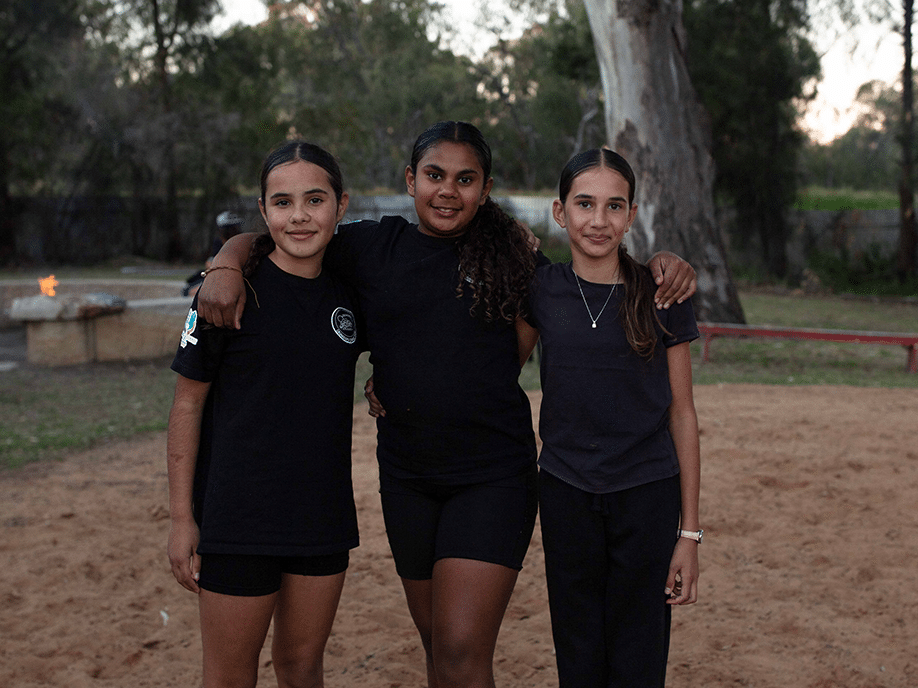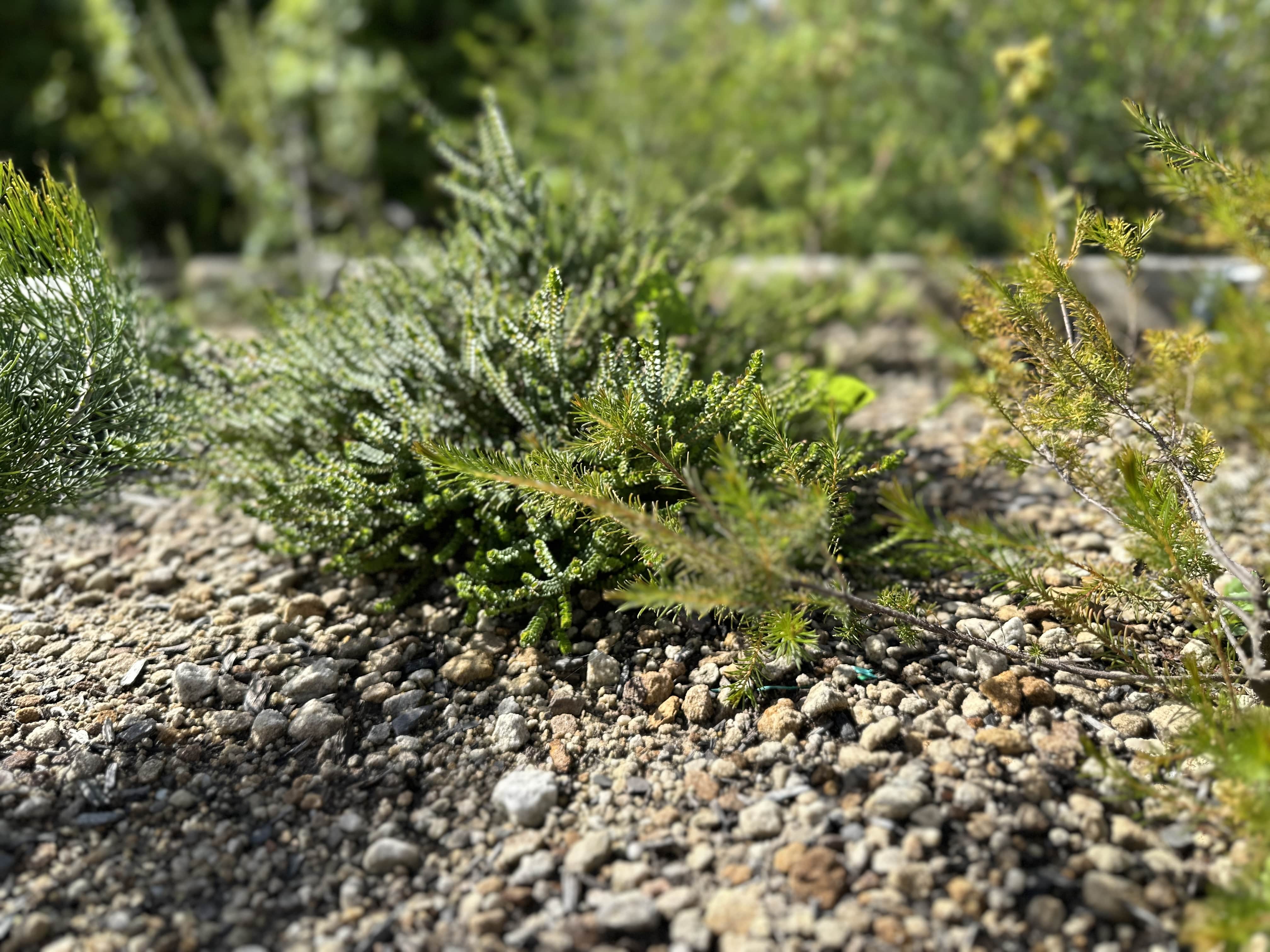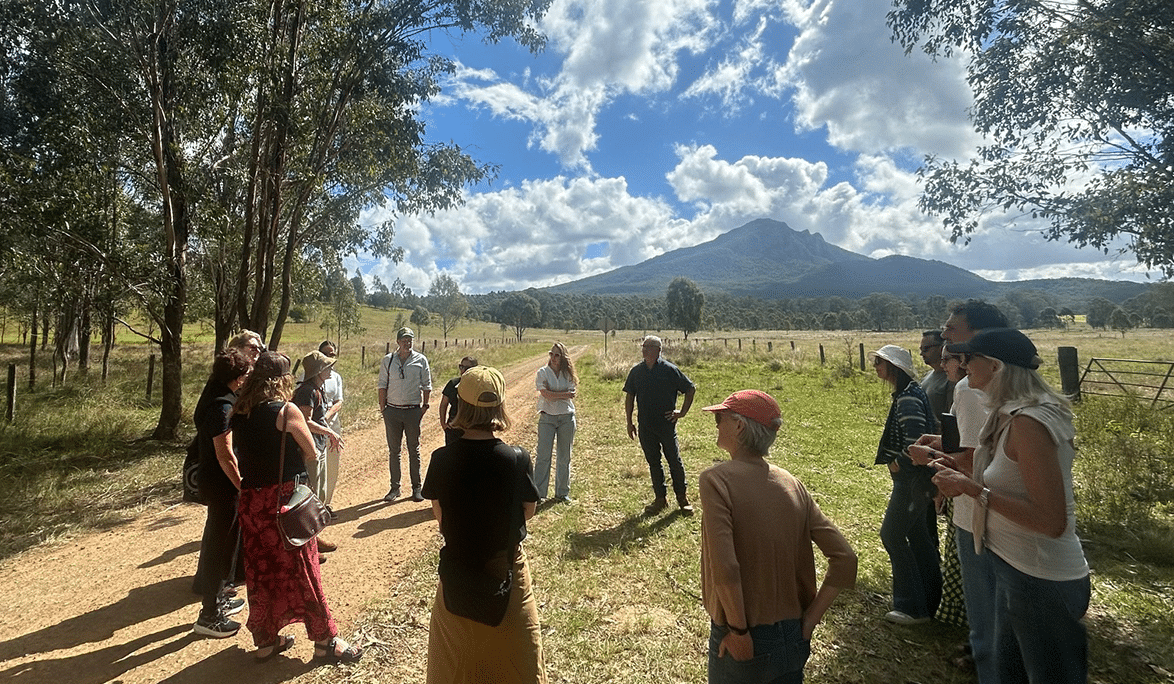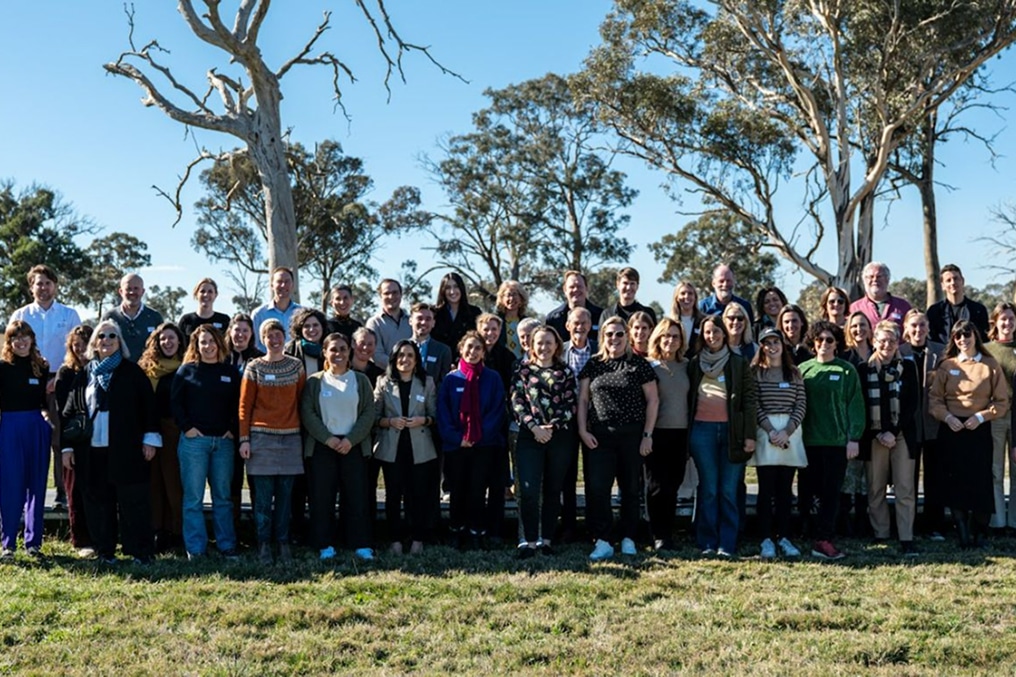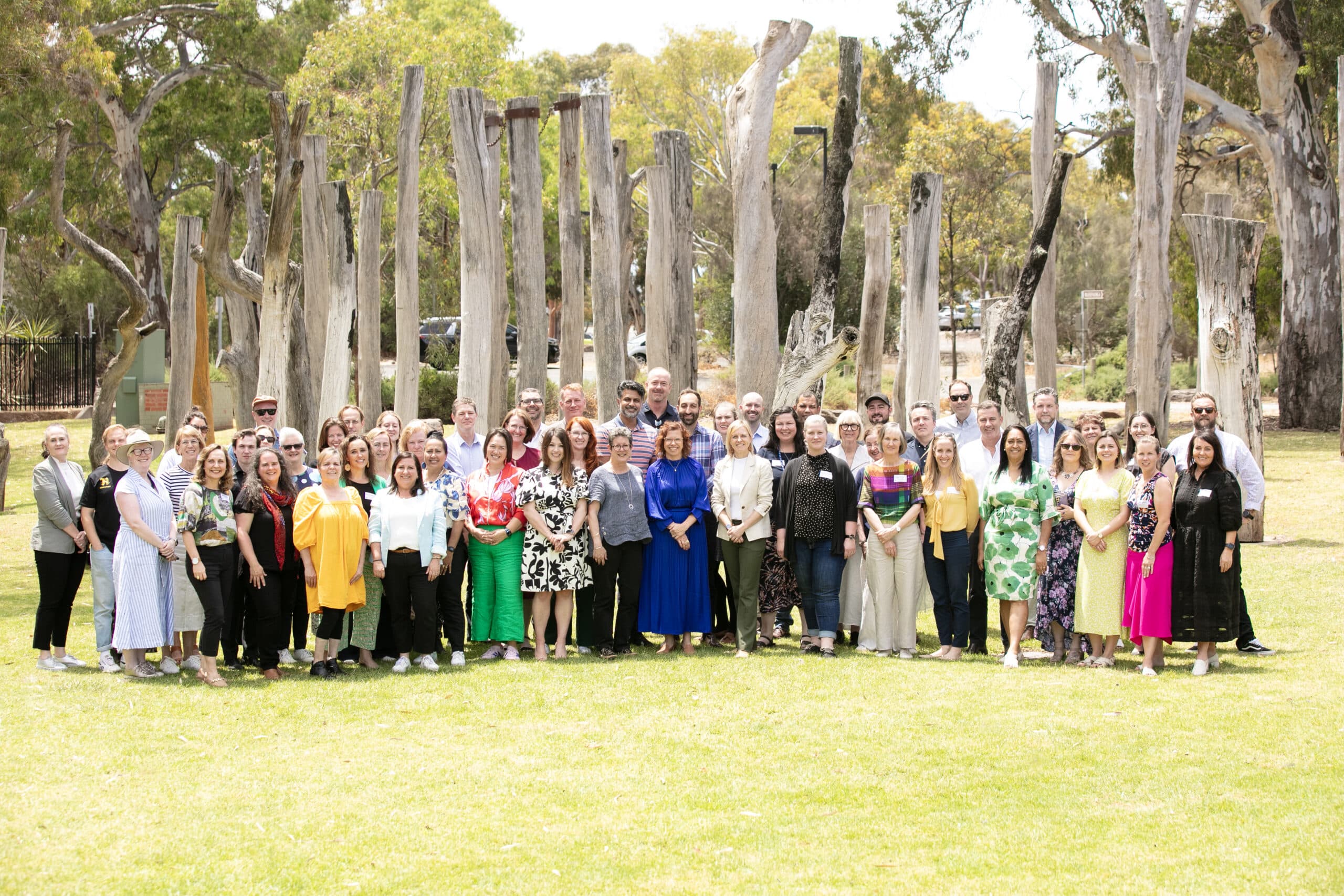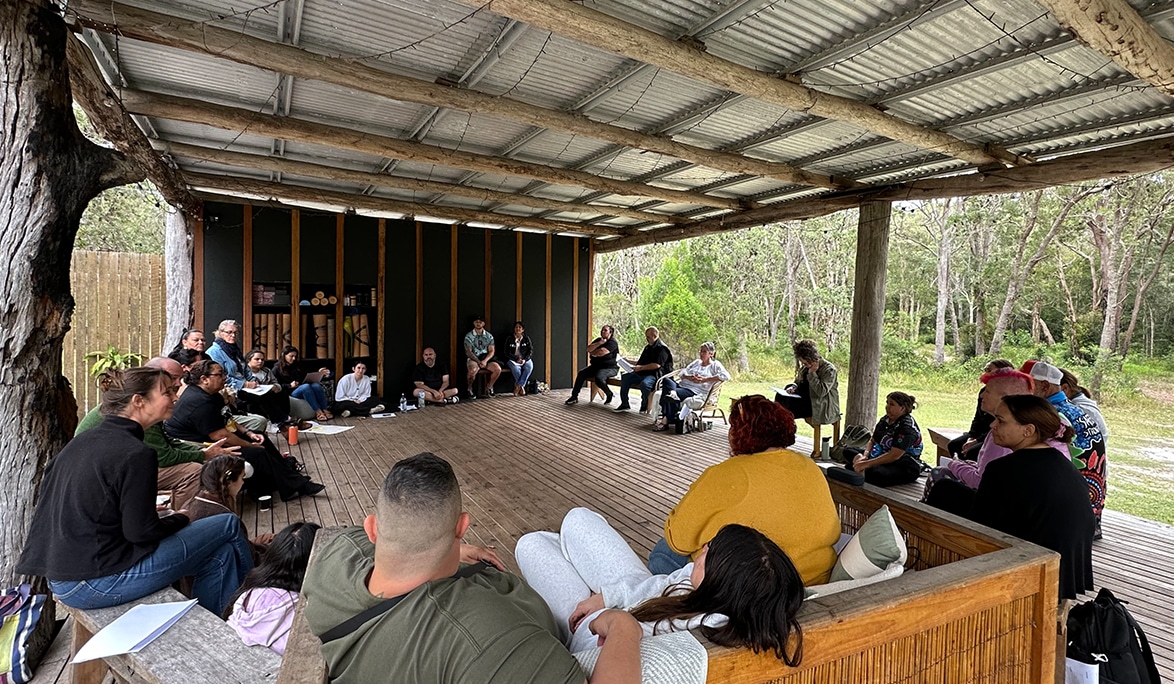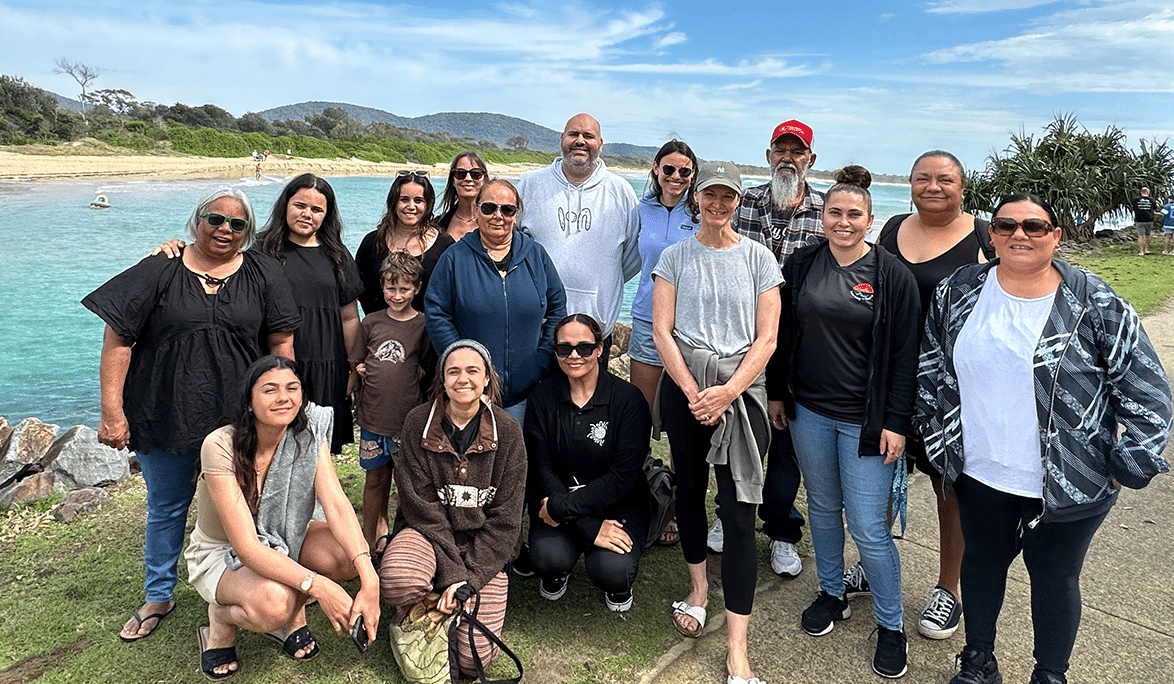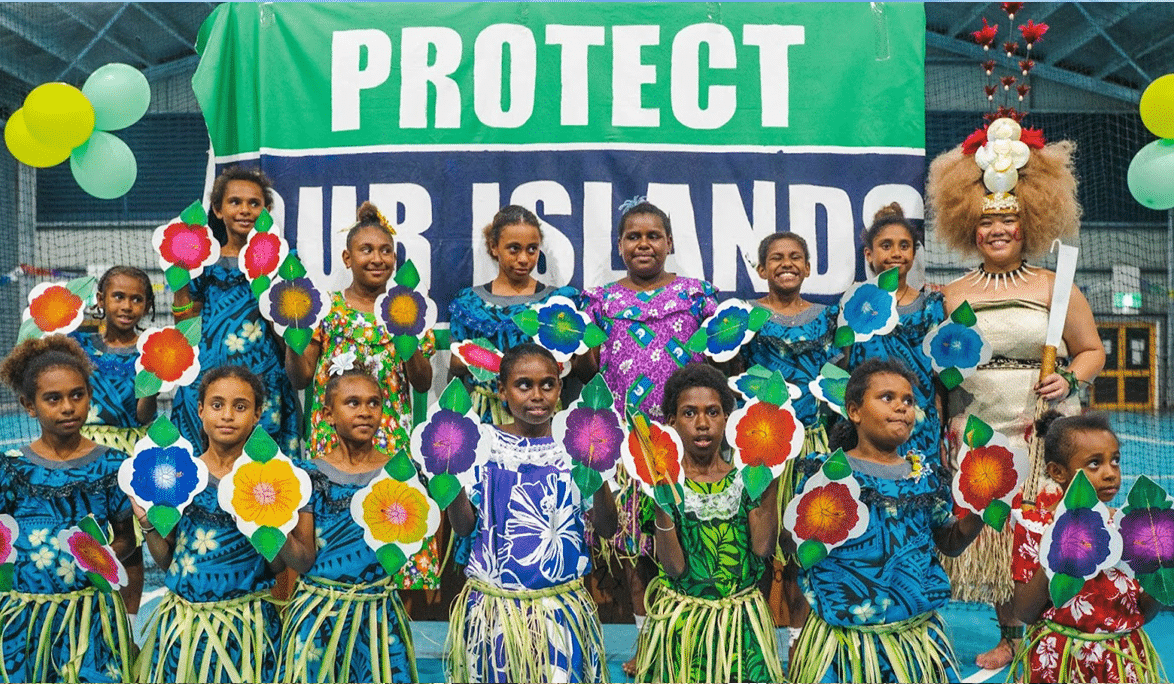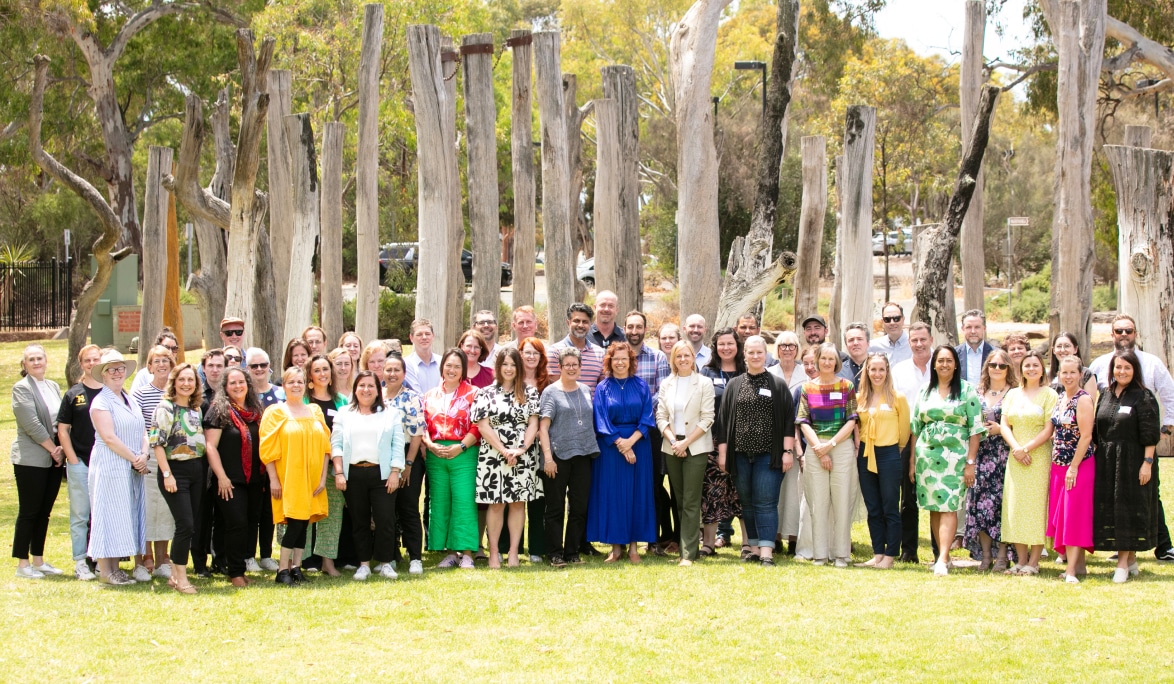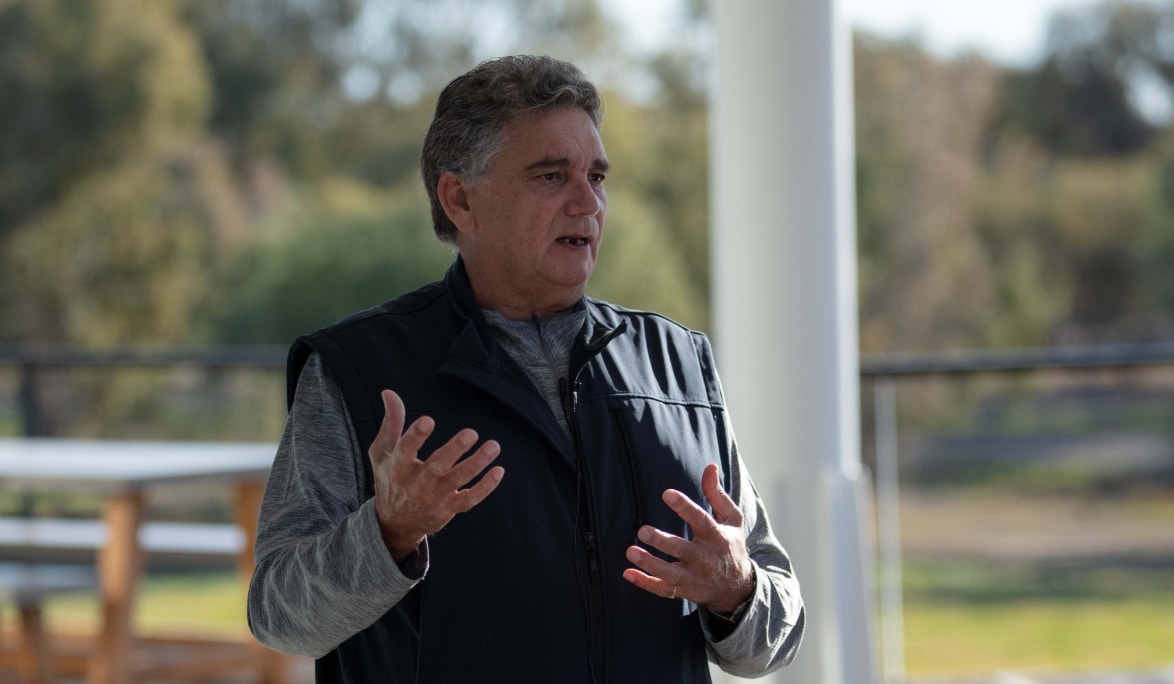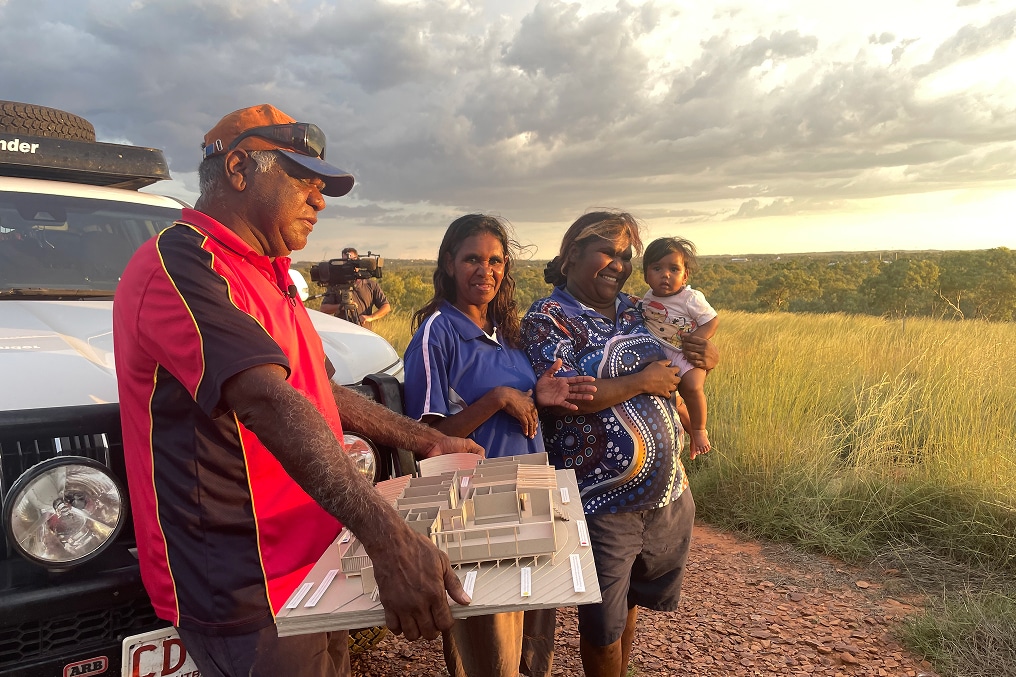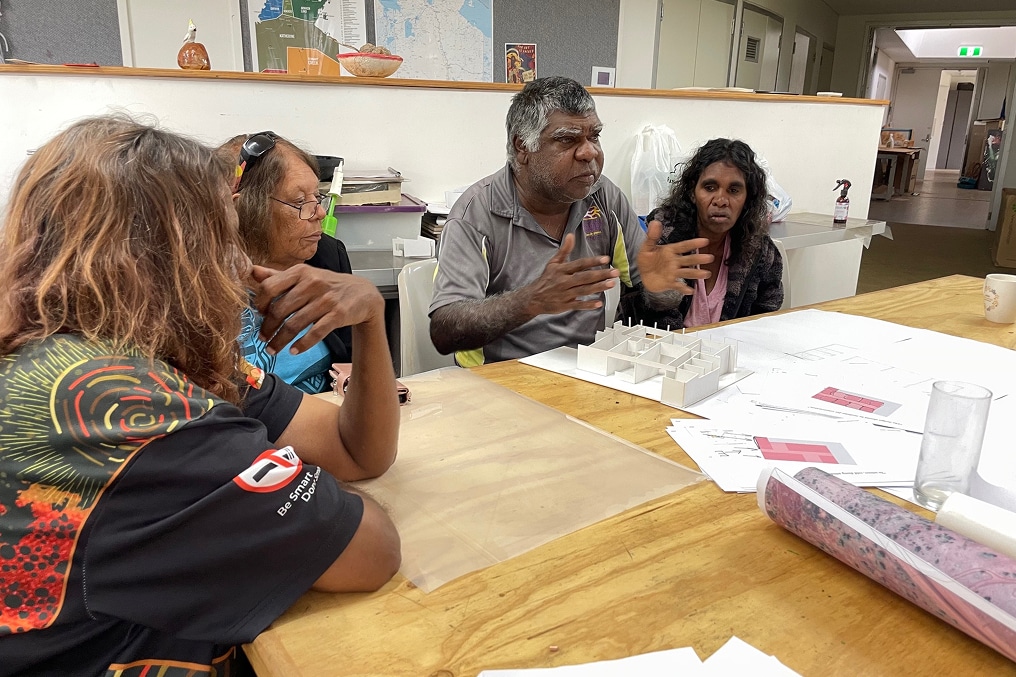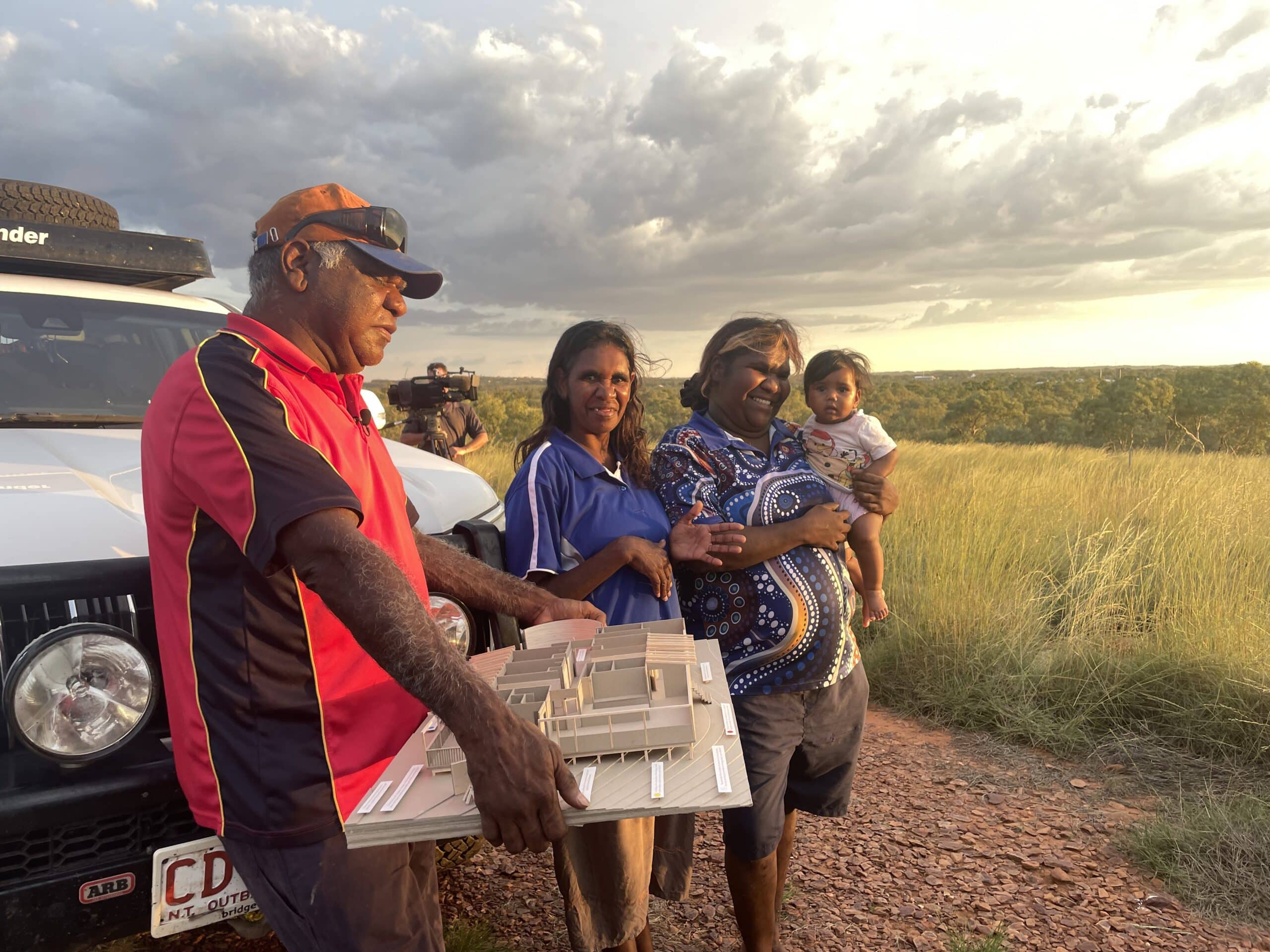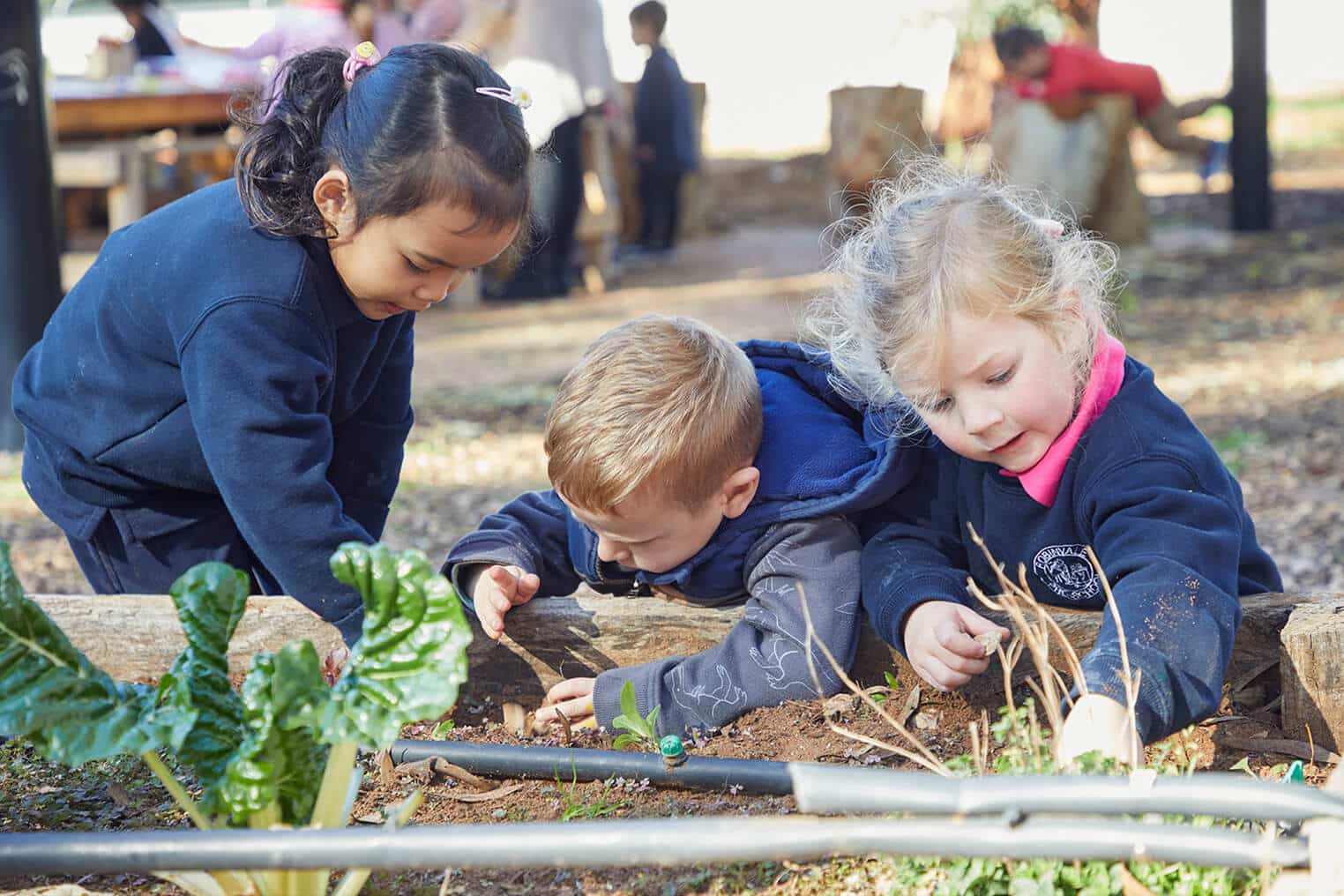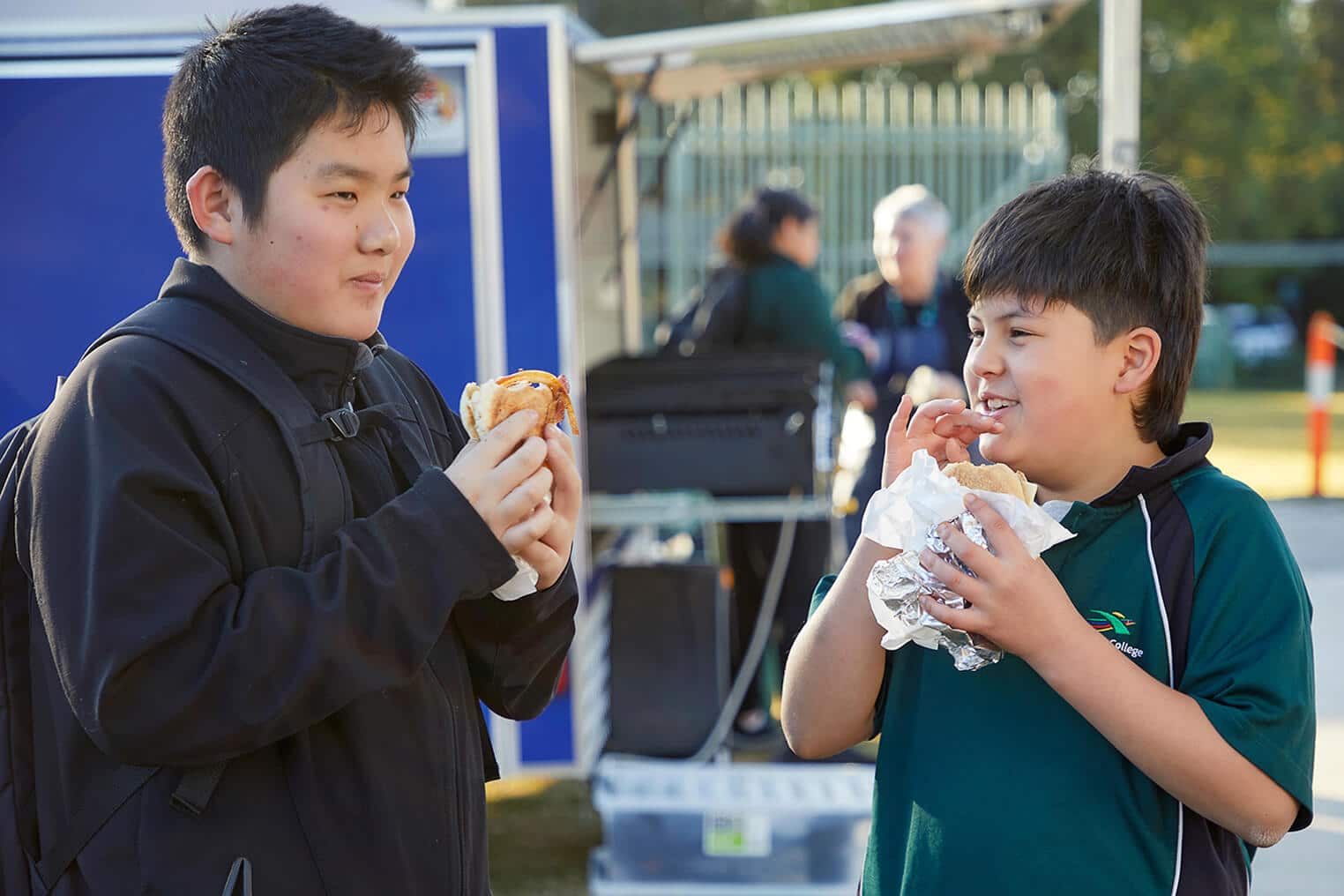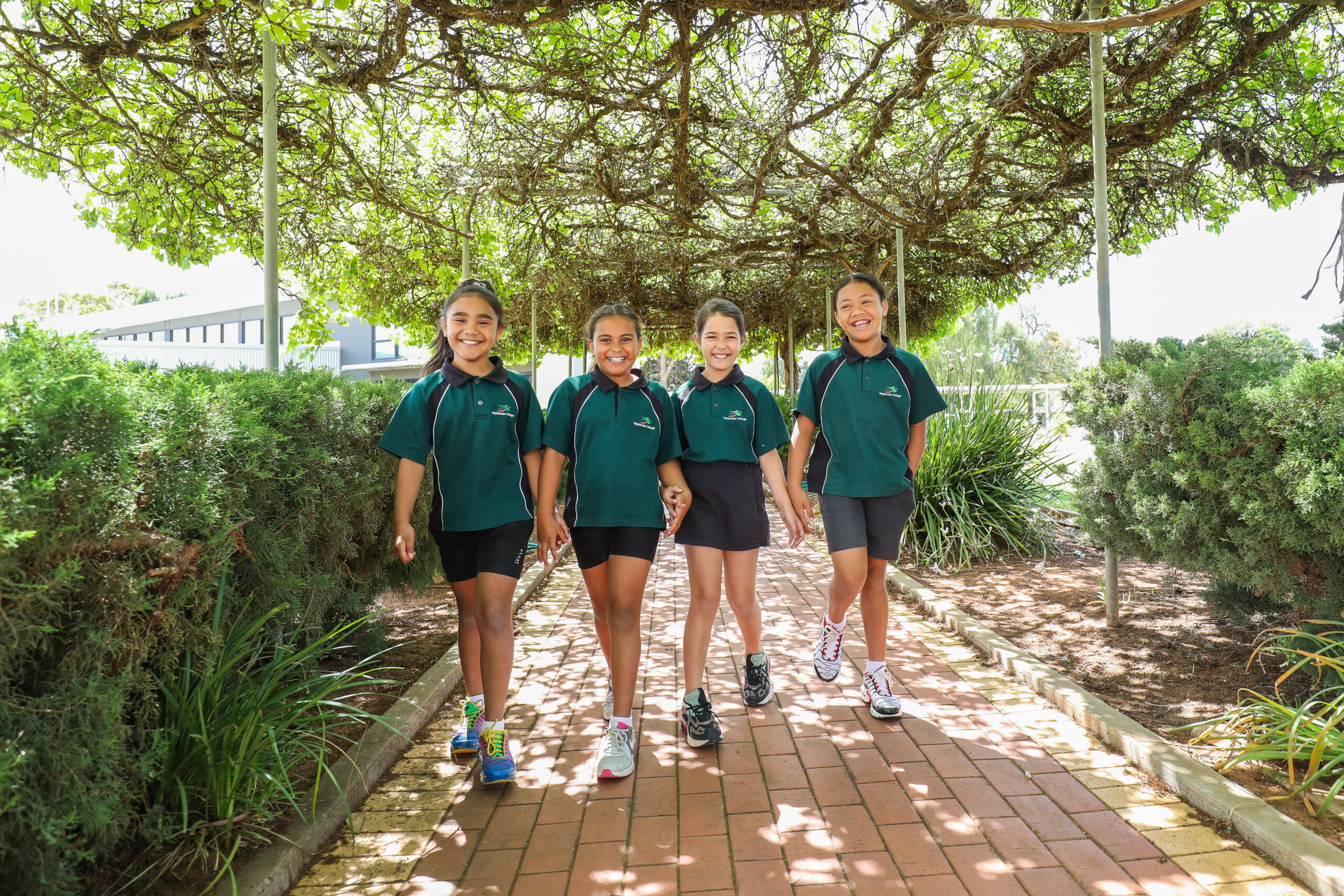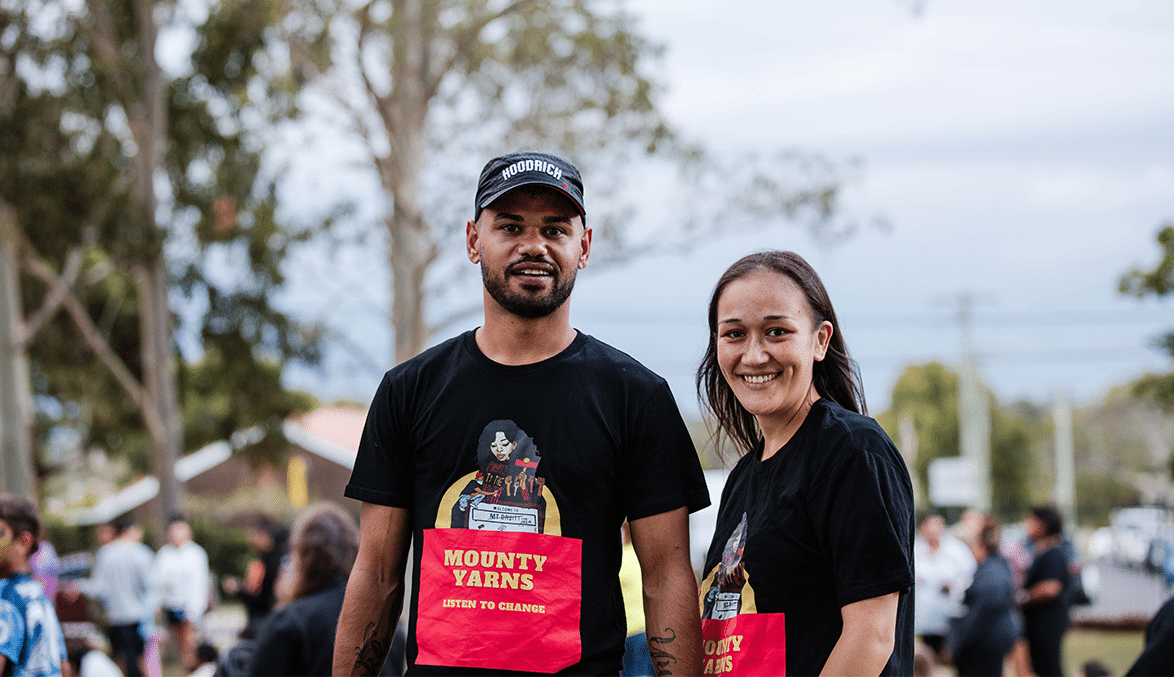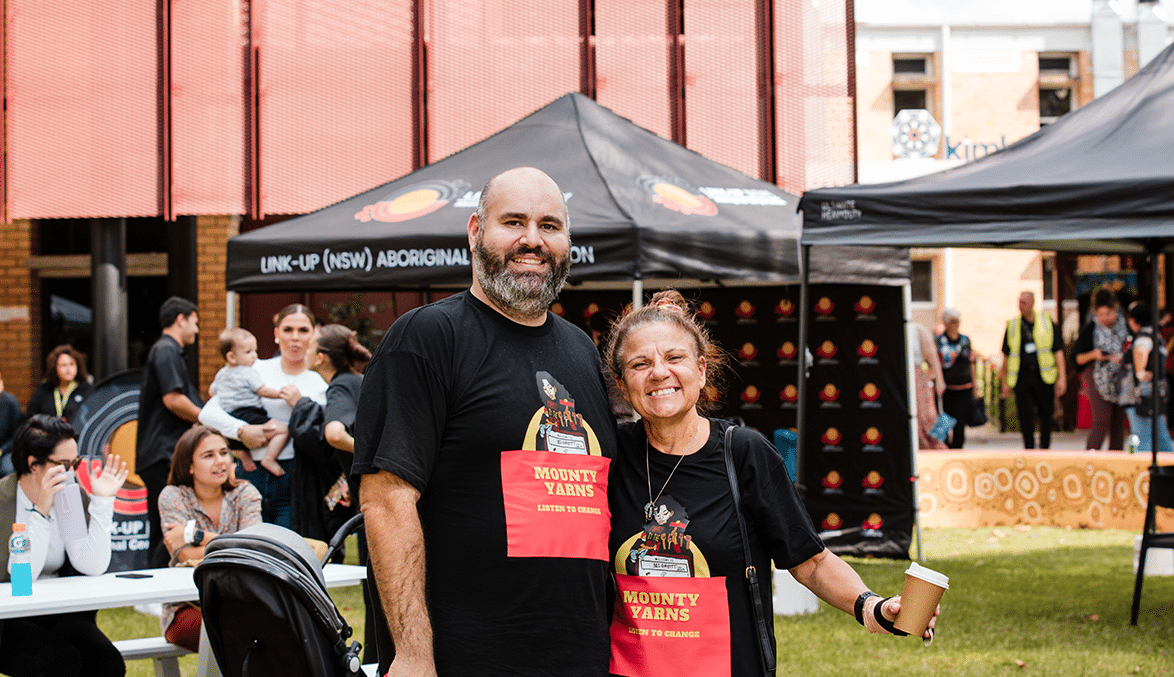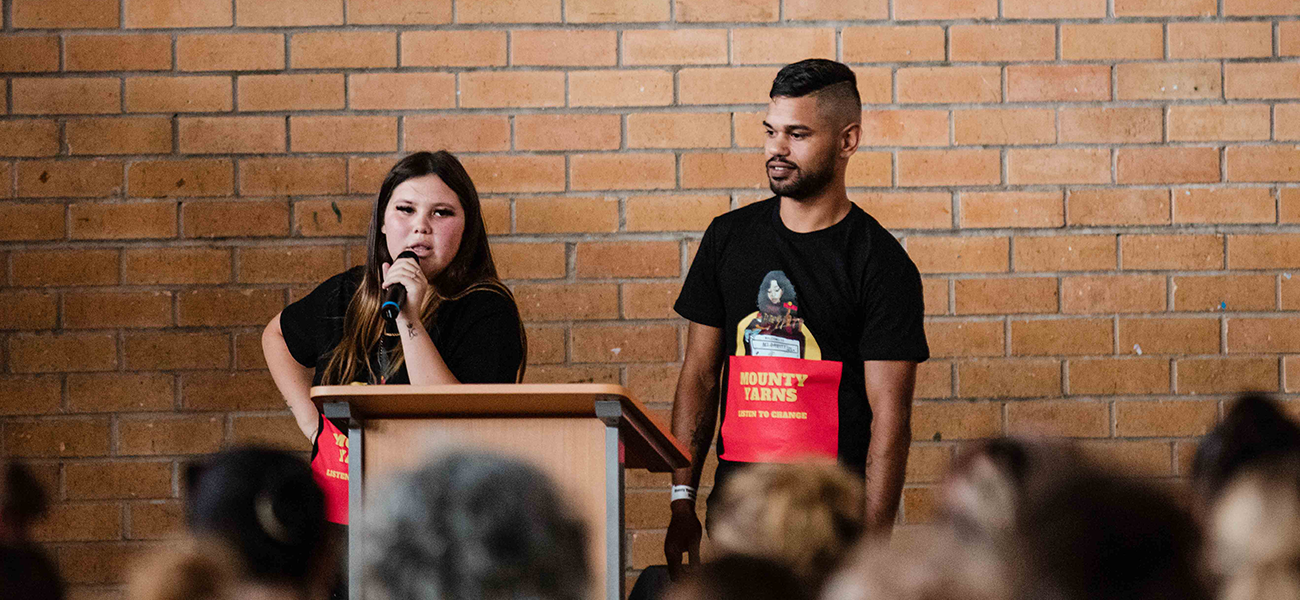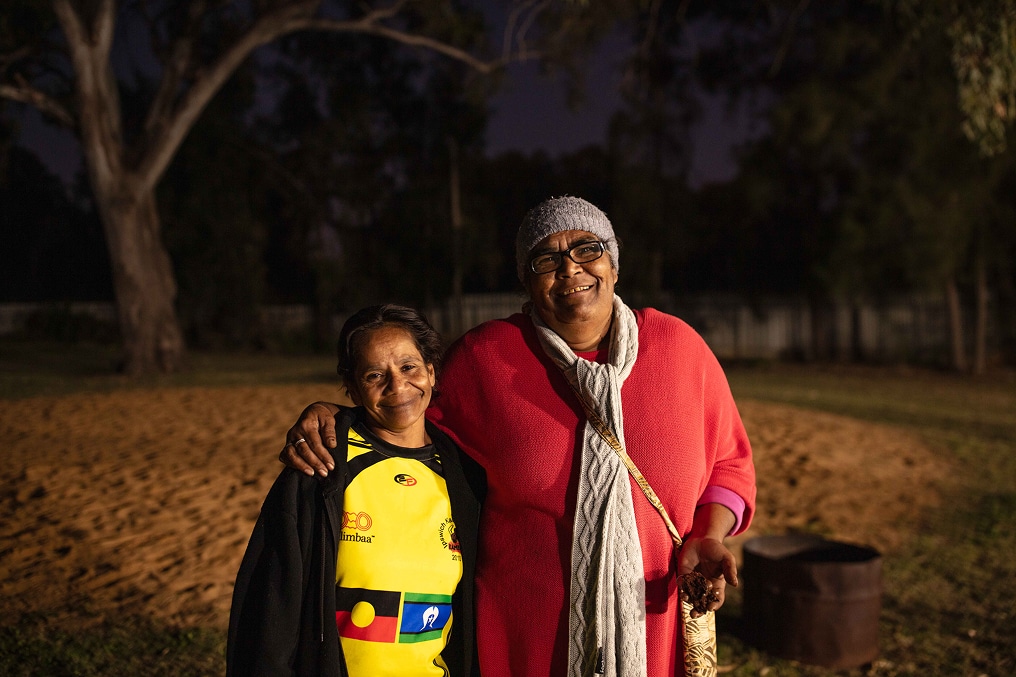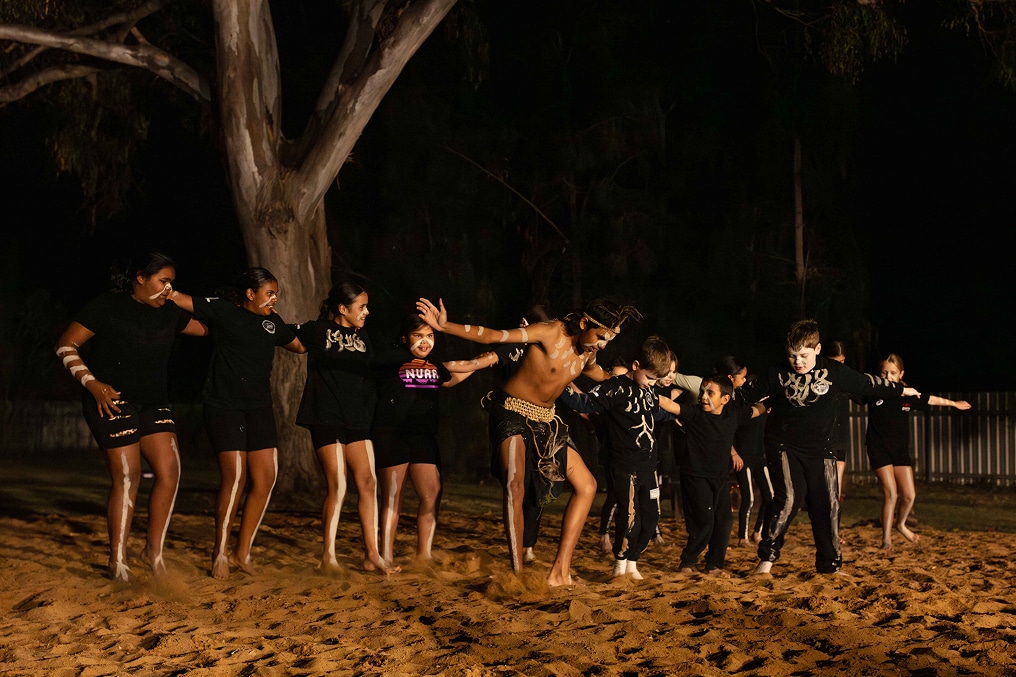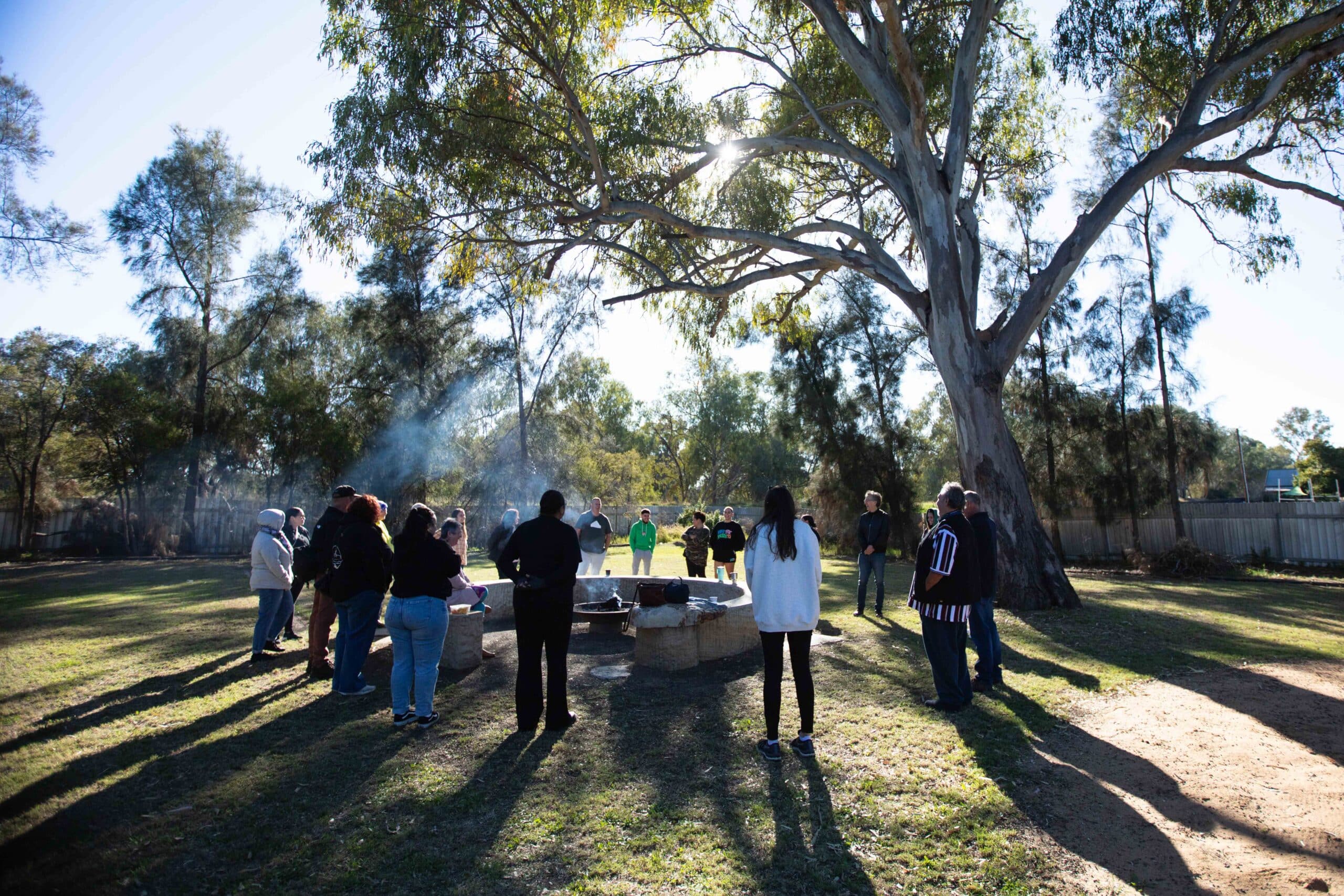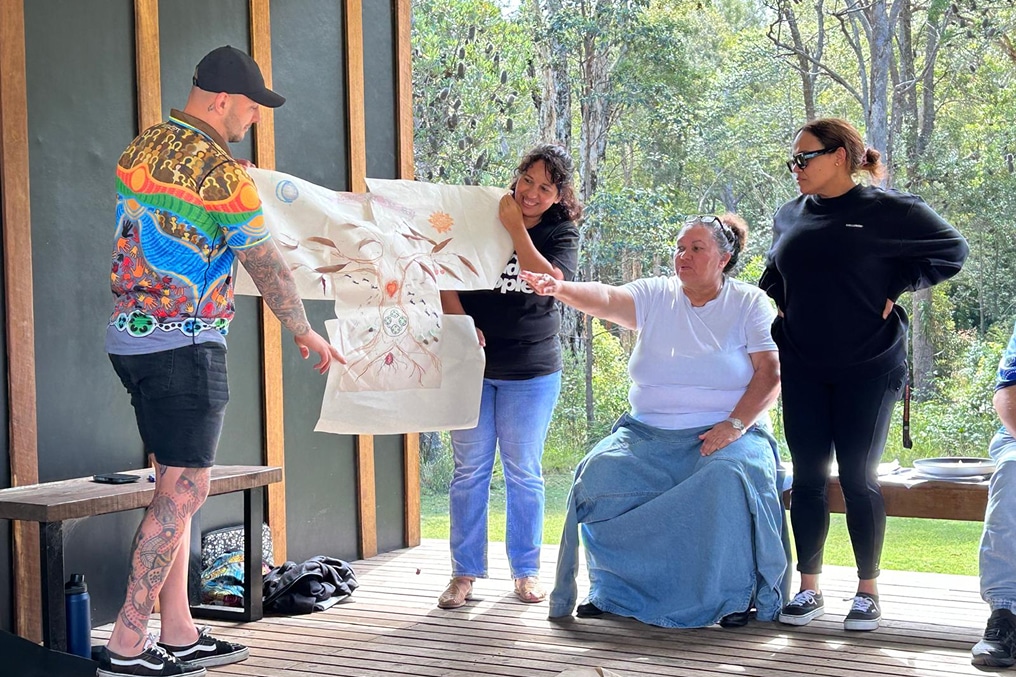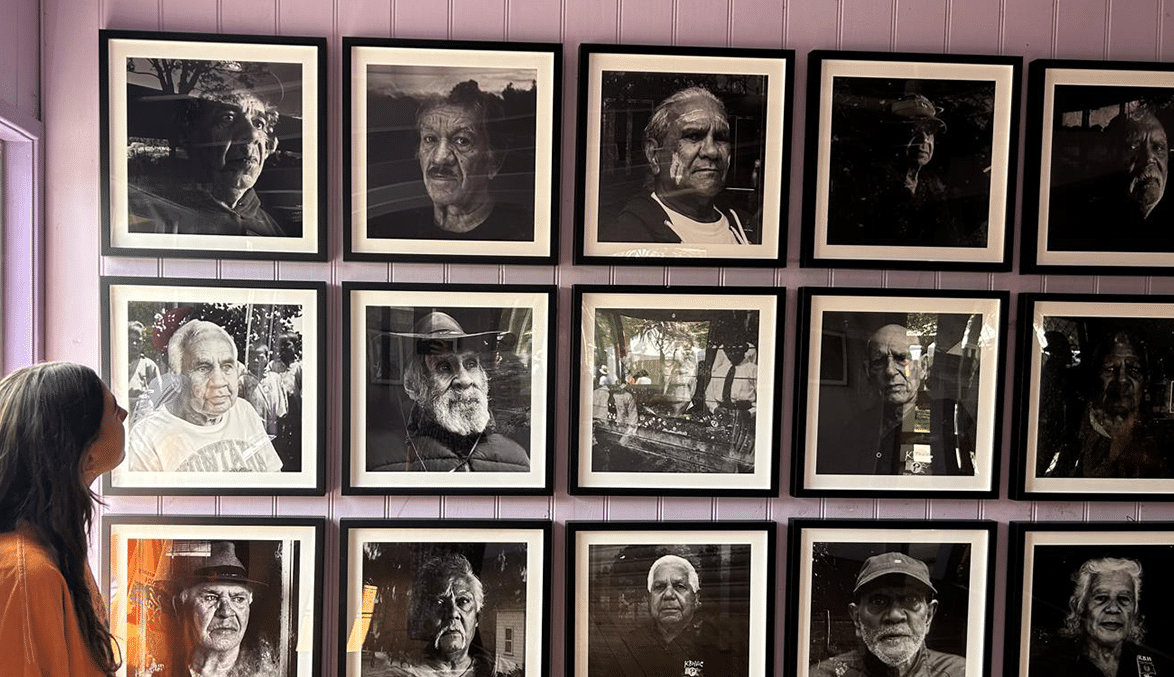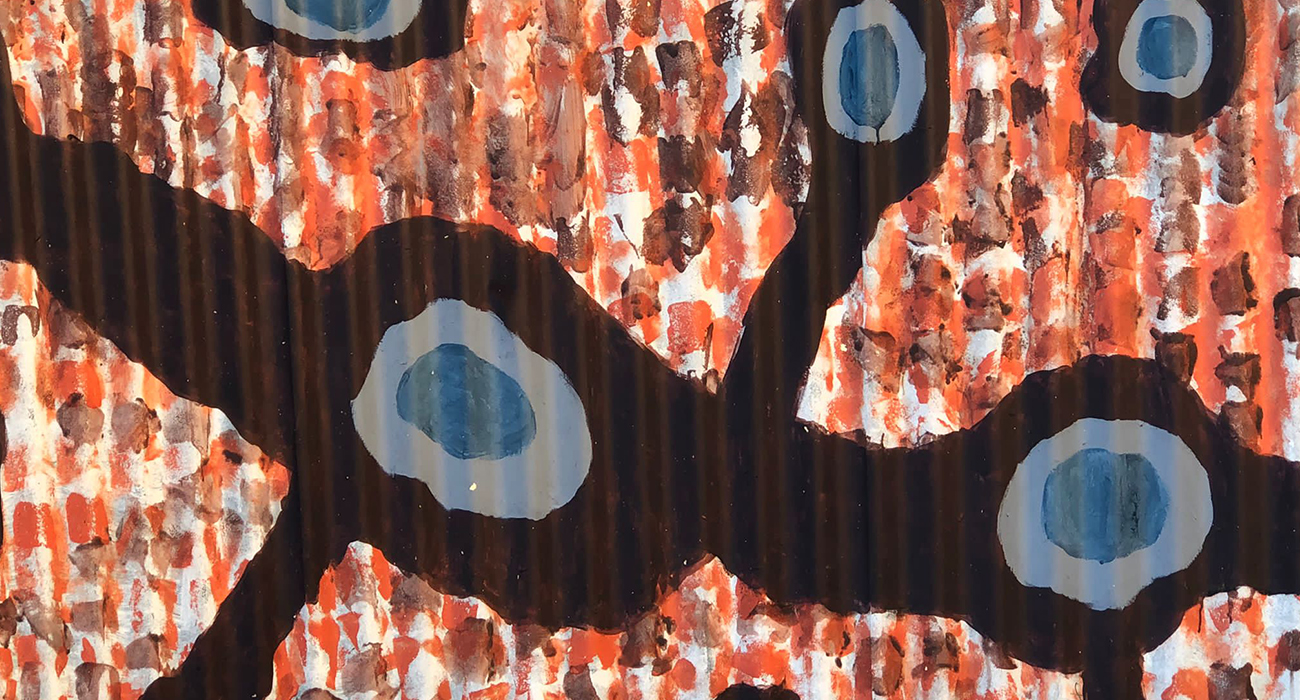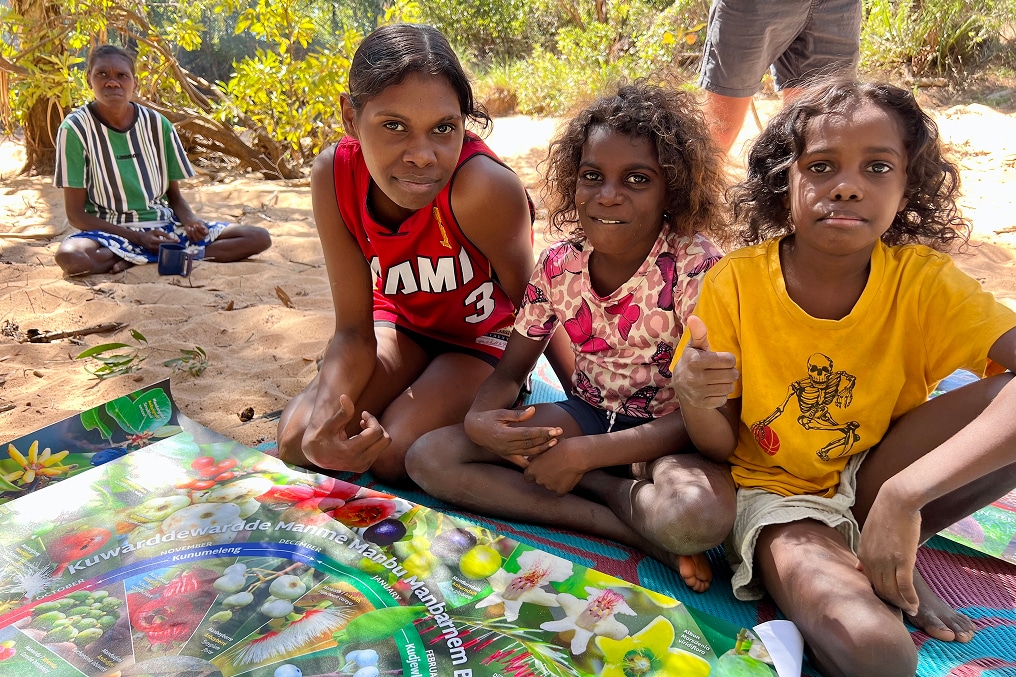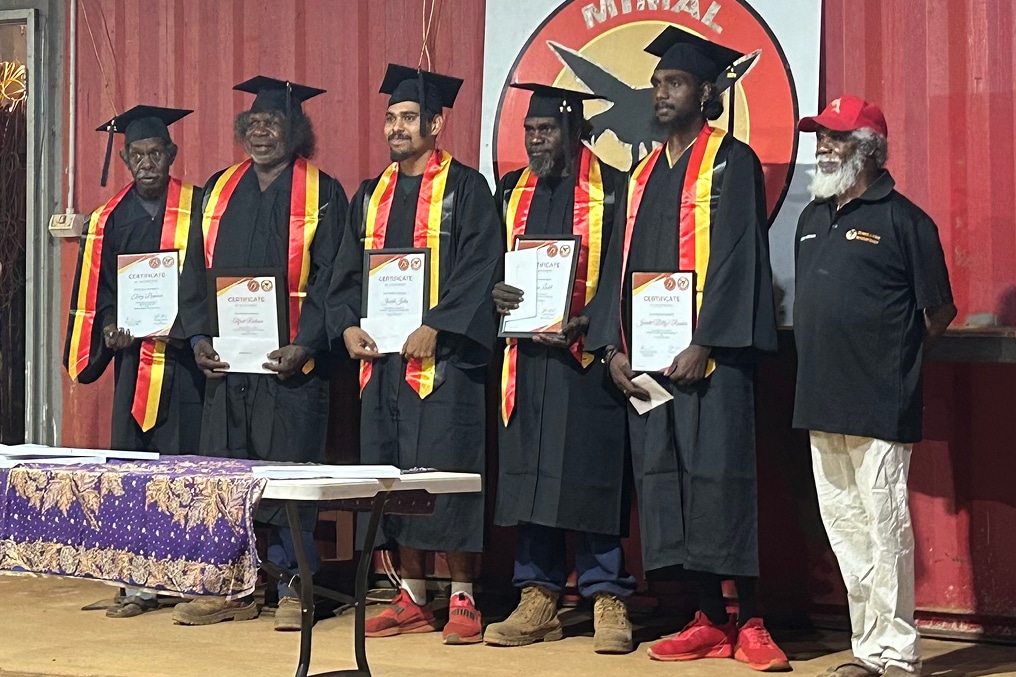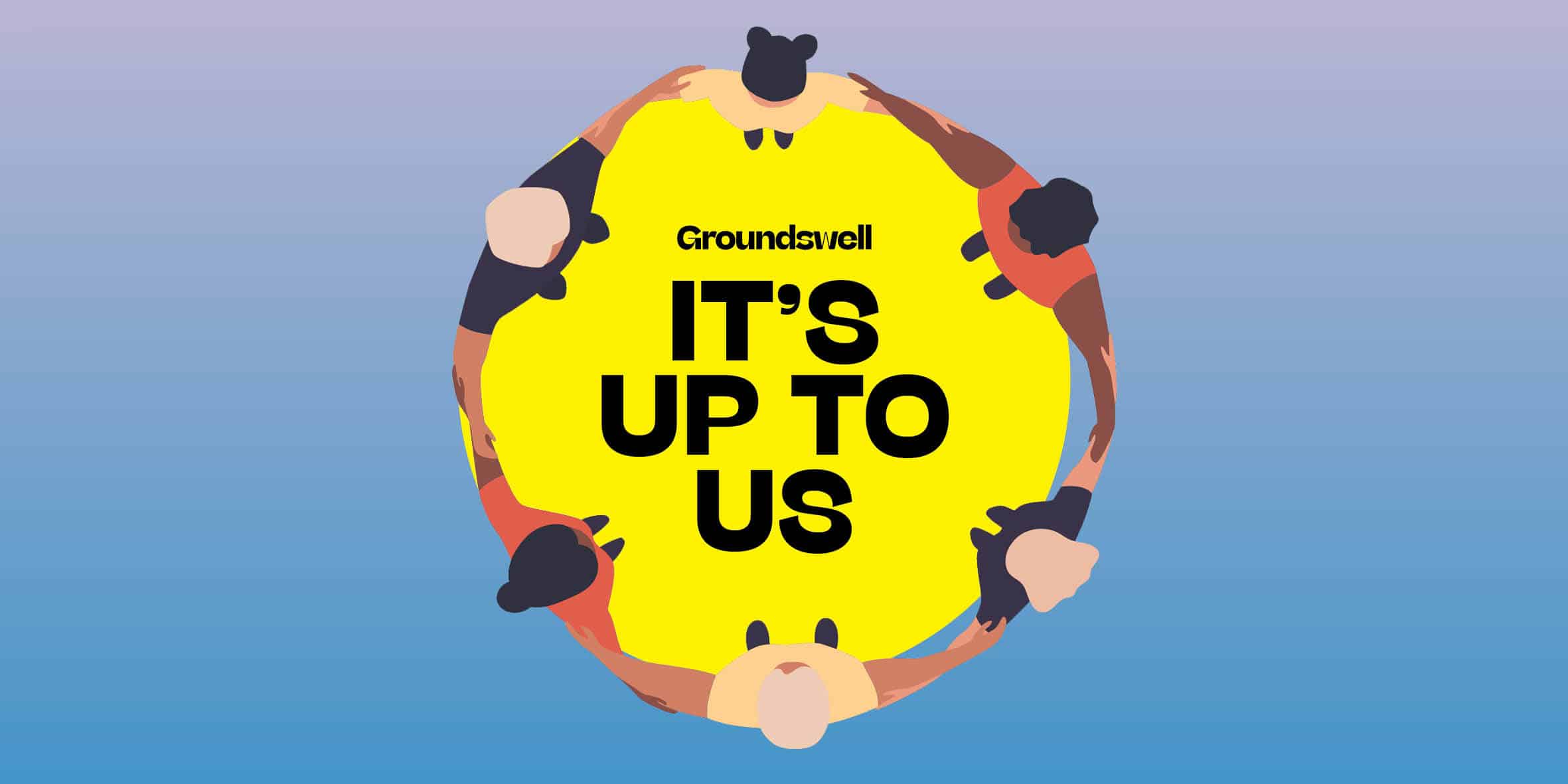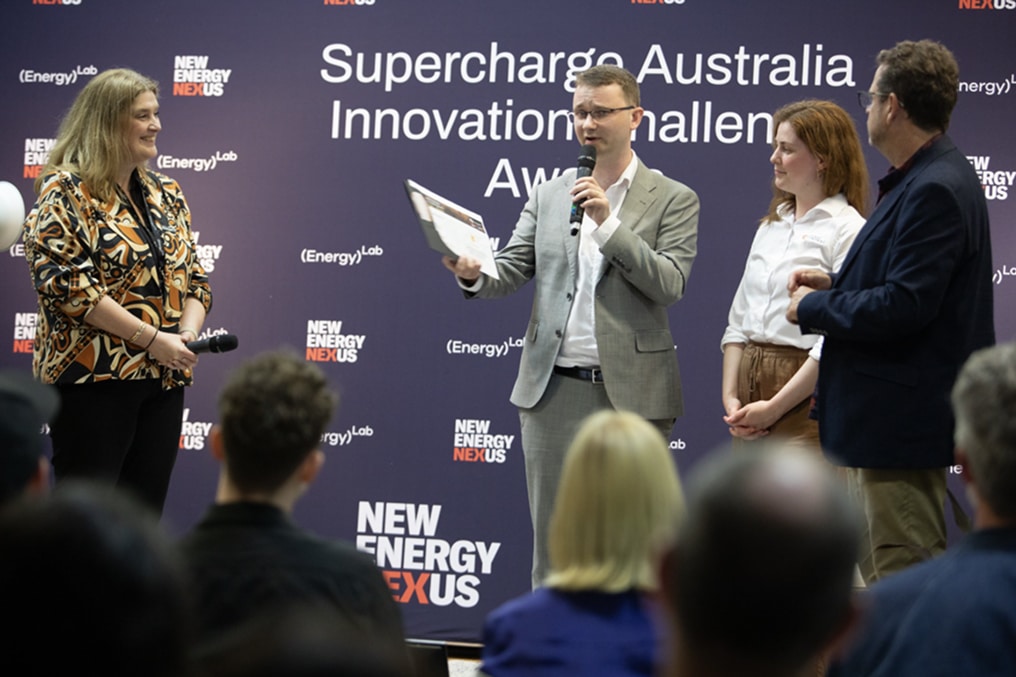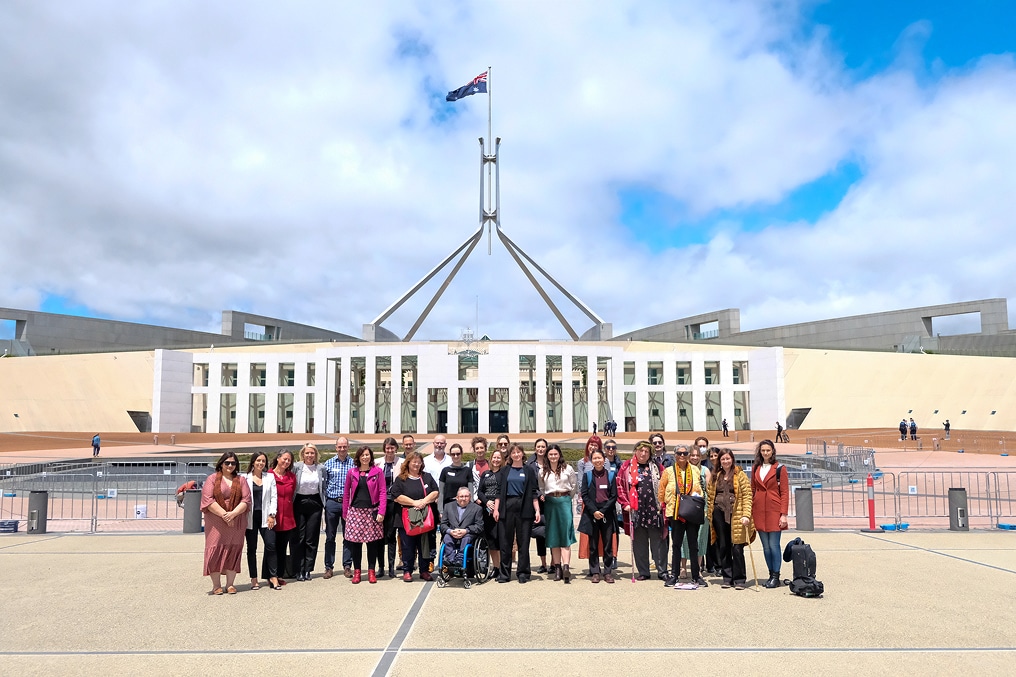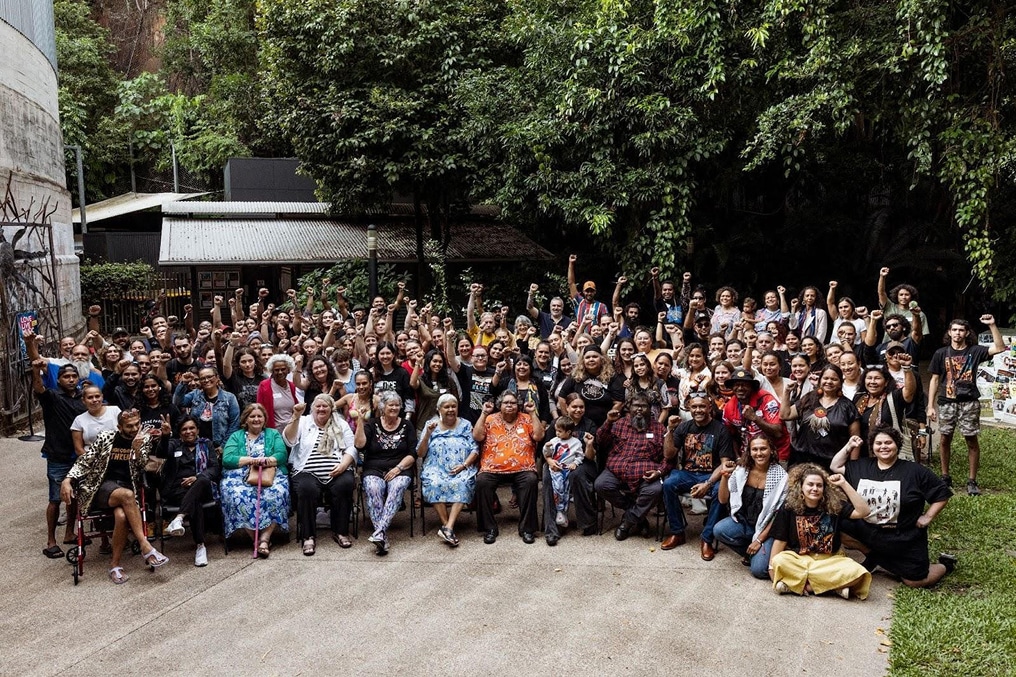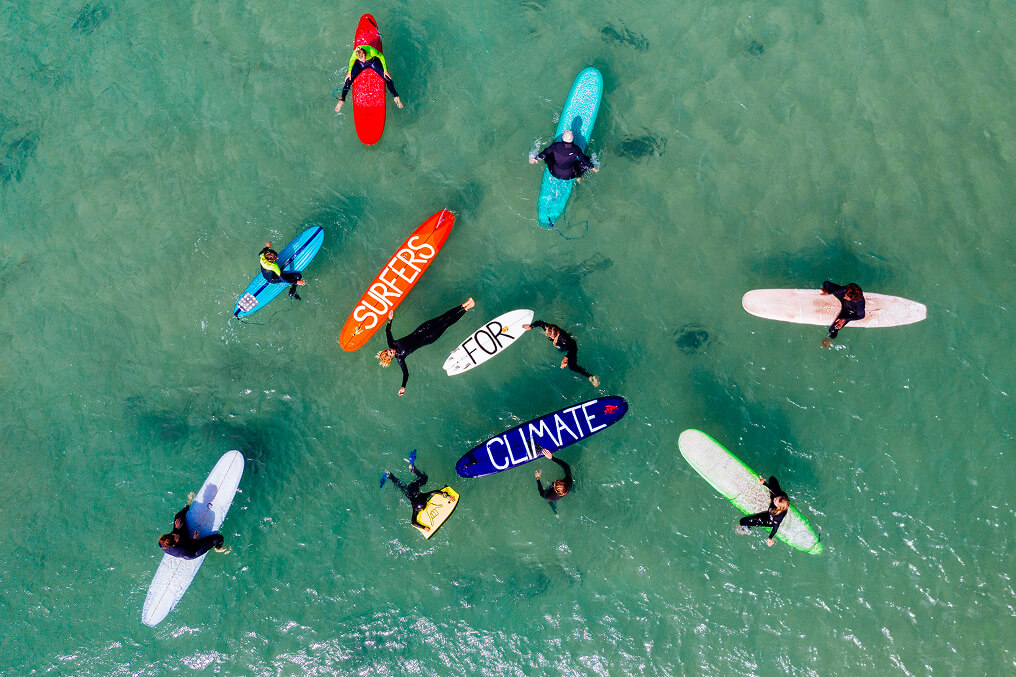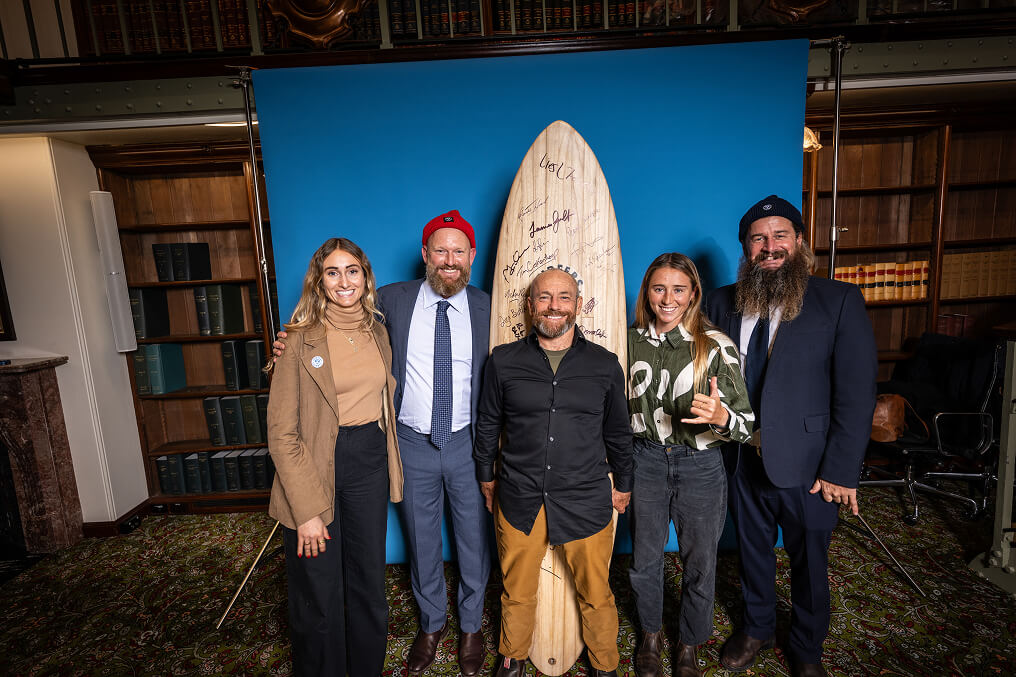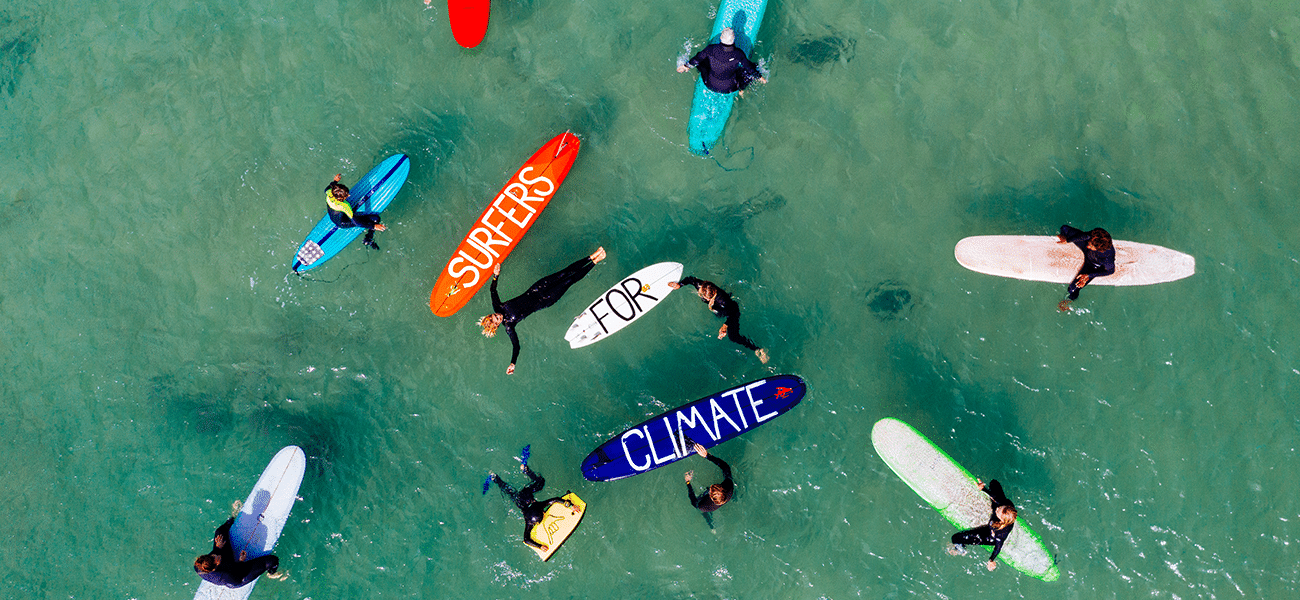From these original seeds, a seedling grew, and from it emerged a partnership between Dusseldorp Forum the Centre for Public Impact, and Hands Up Mallee, who agreed to work together to explore what these seeds might become.
As the seeds were nurtured, several branches began to grow. We called the first of these branches Storytelling for Systems Change: Insights from the Field. This branch offered a range of insights. We learned that stories can be used to change a system, as well as to evaluate, understand, and showcase the change occurring in communities. We also heard that stories require different approaches – stories that attempt to enable change look different to those seeking to celebrate change. We learned that great stories privilege the voice of the storyholder; are resonant, clear, and relatable; and are guided and bound by agreed protocols. However, we also heard that technical, structural, and institutional barriers can hinder good storytelling.
In addition to offering insights, this branch also surfaced some questions. One question stood out to us – how might we increase the number of funders and enablers (from government and philanthropy) ready and willing to hear and respond to the stories that communities are telling? This felt like a critical question. We know that to have an impact, stories need to be heard.
So what does it take to create the conditions where people in government and philanthropy are able to listen deeply? As Fiona Merlin, Measurement Evaluation and Learning Coordinator from the Hands Up Mallee Backbone team, asked: how can we cultivate an audience who “listen to understand?” This question catalysed the growth of this new branch in a different but related direction – a branch which explores “storylistening” in more depth.
Whereas the first phase of this work focussed on listening to storytelling experts and those in community, this time we concentrated on speaking to people in government, philanthropy, and academia.
Here share what we’ve heard. Download our full report or watch these short, animated videos and listen to insights directly from those we spoke with.
How are stories currently used by government and philanthropy?
What gets in the way of stories being listened to and understood?
“All the things people think about stories can also be true of data. There can be bias, inaccuracies, and omissions. People should question data just as much as they question stories.”
What might be done to build the readiness of government and philanthropy to listen more deeply?
On 28th November 2023, join our webinar exploring the report and key questions, including ‘what gets in the way of stories being heard’ and ‘how can we build the readiness to hear and understand stories’? Register here.
